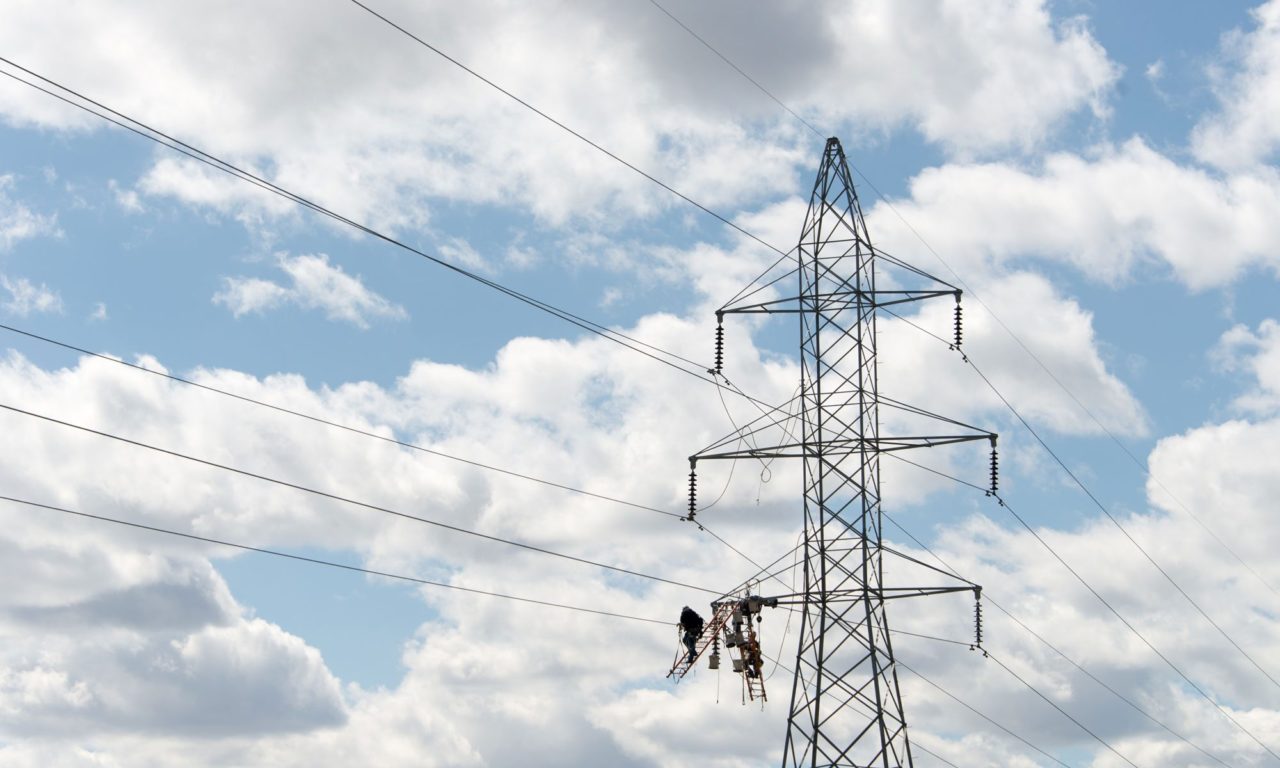Triad season is almost upon us. Excited?
Well… probably not.
But a quick delve into the reasons behind Triads and their outcomes could at least pique your interest.
Put simply, the Triad period starts in November and ends in February and is used to determine the demand placed on the Transmission Network, hence determining the amount of TNUoS (Transmission Network Use of System) charges added to your energy bill.
These form part of the ‘non-commodity’ element of the energy price.
The Transmission Network is part of the infrastructure used to physically deliver your electricity.
How are they calculated?
All half-hourly meters are monitored every day in the early evening from November to February, around 17:00 – 18:30.
The three highest usage 30-minute periods in that time (which must be at least 10 days apart) are defined as the Triads and are used to decide the maximum strain on the Transmission Network and the TNUoS charge for the next year.
These periods are notoriously unpredictable, but that doesn’t stop businesses trying, as we’ll cover here…
Why should my business care?
You’ll get a specific TNUoS applied to your business’ bills based on the proportion of energy you took from the network during the Triad periods.
This means that if you can predict the time you’ll be measured and minimise consumption it will save you money when your TNUoS charge is calculated.
A starting point would be last year’s triad periods as they’re published retrospectively here by the National Grid.
The full detail on last year’s triad data can be found here.
More savvy businesses are strategically employing load-shedding activity in roughly these times for this period to maximise any possible reduction in TNUoS.
It’s worth remembering that the TNUoS only forms a part of the non-commodity cost of your bill and there are other distribution costs in there too.
But strategic load shedding around this busy time of year can save significant amounts for major consumers.
Planning a load-shedding project during Triad season and need some advice? Give us a call.
The GAS Jargon Buster
Did you see anything in here that confused you? Check out our Jargon Buster for the lowdown on those annoying acronyms.
